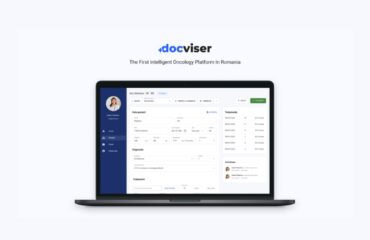
The lobbying activity, if done properly and within the law limits, helps maintaining and improving the public trust, the trust in democratic institutions and in the process of the politics done for the citizens.
More than that, the professional lobby and interest groups have the obligation to always act ethically and morally in their relationship with all parties involved.
‘Lobbying’ and ‘lobbyist’ are controversial terms. Quite often their negative or pejorative connotations and poor reputation are underlined, especially when the terms are associated with allegations of corruption and influence trafficking. Not surprisingly, many lobbyists prefer to use other terms to describe their work, like: ‘parliamentary relations’, ‘government relations’ or, more often, ‘public affairs’.
What determines the success of lobbying efforts?
Recent research indicates that an interest group’s influence is determined by the group’s managerial skill, the depth of its political connections and the size and cohesiveness of its membership.
Here are a number of key functions lobbyists need in order to be successful:
- they have to establish a network of contacts around a given policy issue;
- they have to maintain relations with the civil service, parliament, ministers, media, regulators;
- they need to build coalitions with allied interest groups to increase pressure;
- they need to have access to a regular source of (insider) policy information.
The different ways to lobby for influencing the policymaking process
The actual ways businesses use these direct and indirect forms of lobbying can differ depending on the things they are looking to change, as well as the kind of business they are. There are essentially three different ways or routes to lobby for influencing policy-making decisions: controlling the public discourse, spending money on the message, and using organizations for political gains.
1.Controlling the public discourse
One of the most popular methods of gaining political influence is through control of the public discourse. If a business can get the public to back its claims and goals, the politicians are sure to follow. After all, the public helps to elect these people and once you have the public on your side, you can have more leverage.
You can also control the discourse by spinning the media. This is all about ensuring the discussion is positive for your cause. Moreover, you would ensure to media focuses on the positive benefits of what you are trying to achieve – especially if there are also negatives that people might point out.
Spending money on the message
Money is often the cause of controversy in terms of the lobby for political influence. It’s also the area of lobbying that can seem the most negative because one can`t be quite sure if the intentions and outcomes are as good as they could be.
How does money influence lobbying? First off, businesses could spend money on supporting organizations and lobby groups that work for a specific cause.
A business can also directly fund a party or individual politician hoping that they will help pushing forward policies that also benefit the business. There are generally a lot of rules and regulations influencing the ability to donate to political parties and in most countries, directly paying for a specific regulation is strictly forbidden. This isn’t to say lobbying of the kind doesn’t exist.
Using organizations for political gains
A business can opt for using professional lobby groups and individuals. This was already touched on a bit above – it’s all about getting professional lobbying groups further causes that you believe in. For larger organizations, it might also mean hiring professional lobbyist to push through your business’ specific causes. Using organizations provides businesses a direct access to the decision-making process – an ability to influence the processes head on and be part of the decision-making.
But as mentioned above, the impact of this can depend on the country in which the business operates. In certain countries, like the US, these organizations can be widespread and highly sophisticated, while in others less organized and lack in actual ability to drive change.
In conclusion
Political influence or, better said, policy-making process influencing, is essentially about, well, influencing. It’s about persuading the lawmakers to your cause – lobbying for your specific interests. Businesses, just as individuals, want to persuade the decision-makers that their ideas, needs, and desires deserve a fair hearing. Lobbying can happen indirectly or directly in many ways. You can simply use the information and public pressure to ensure politicians to focus on issues your business cares about.




